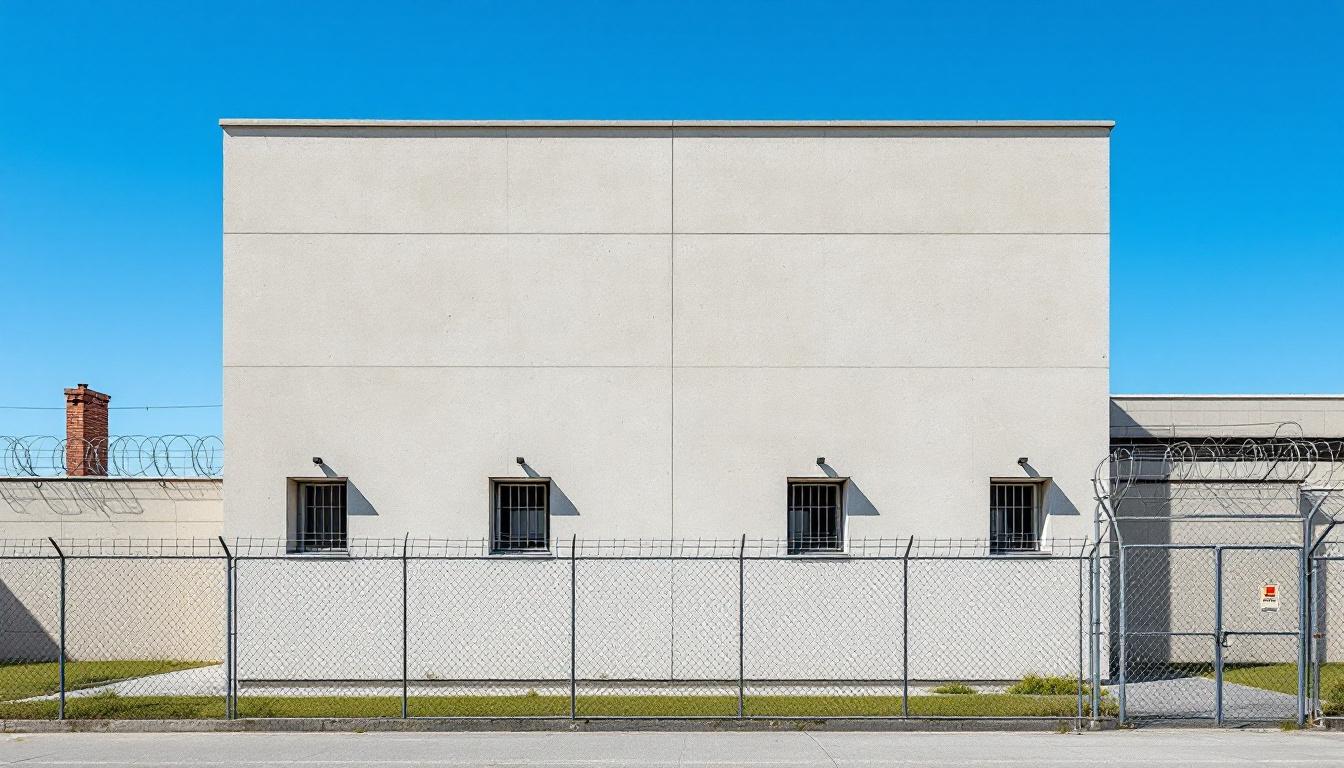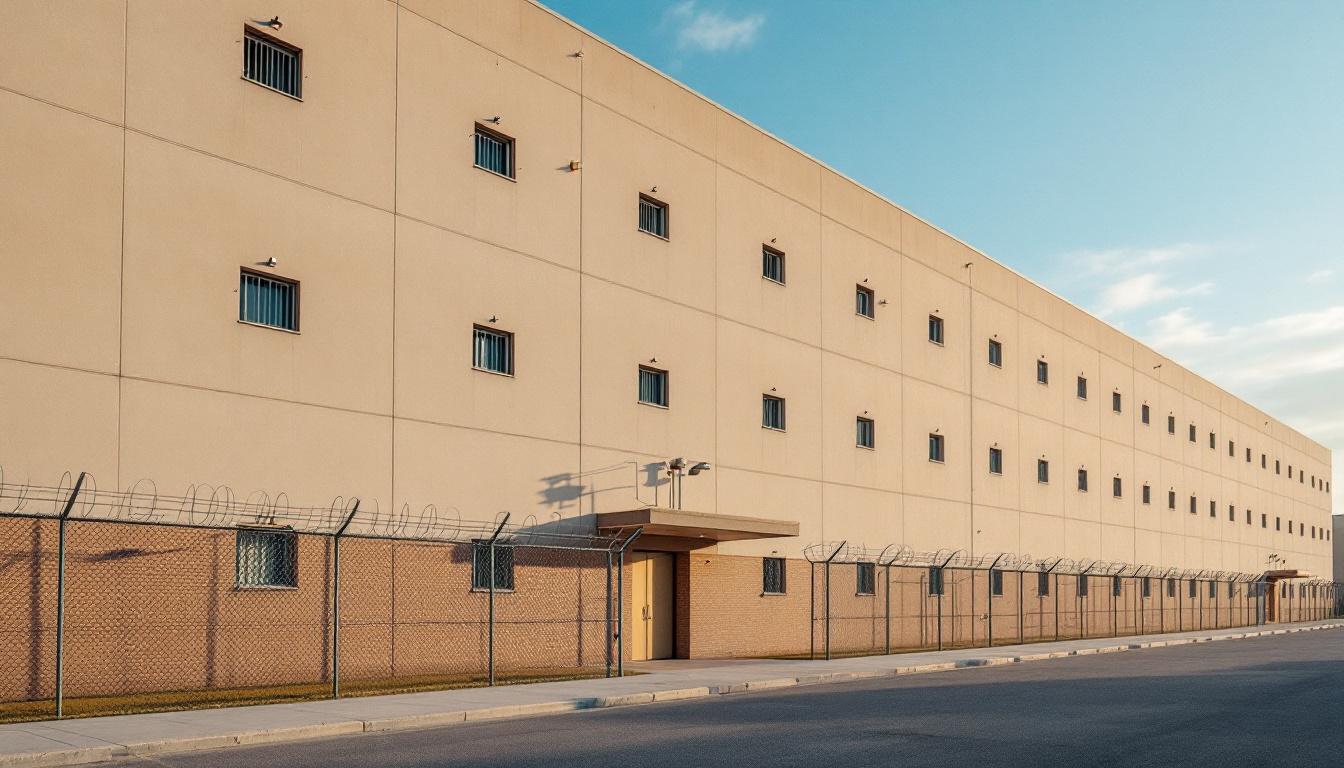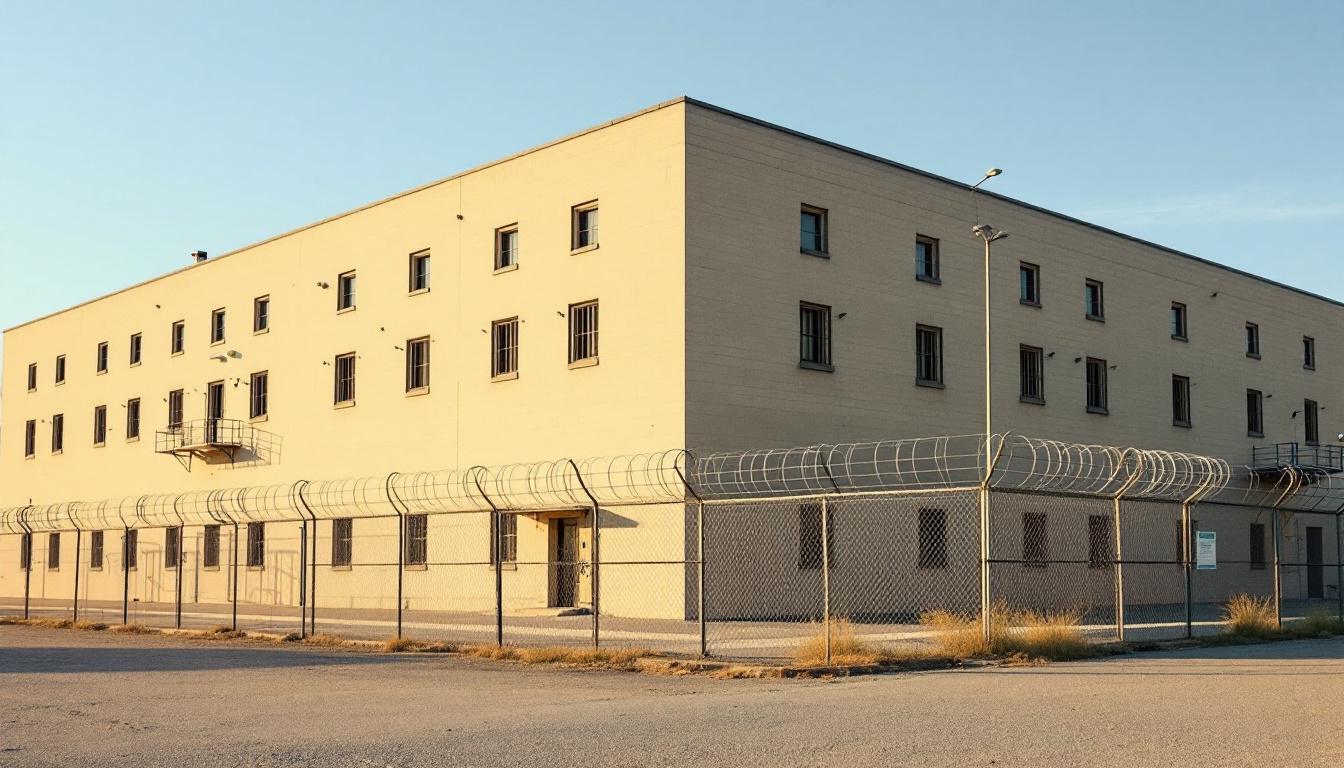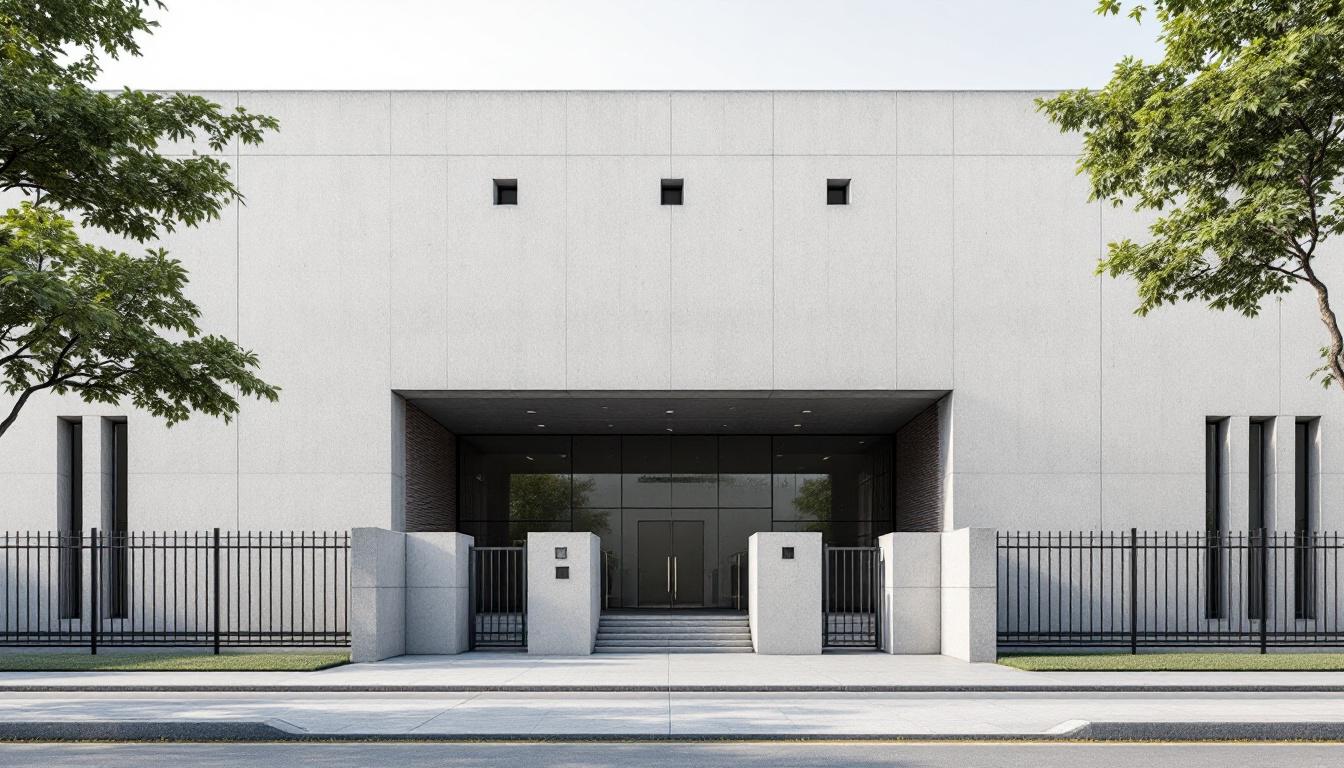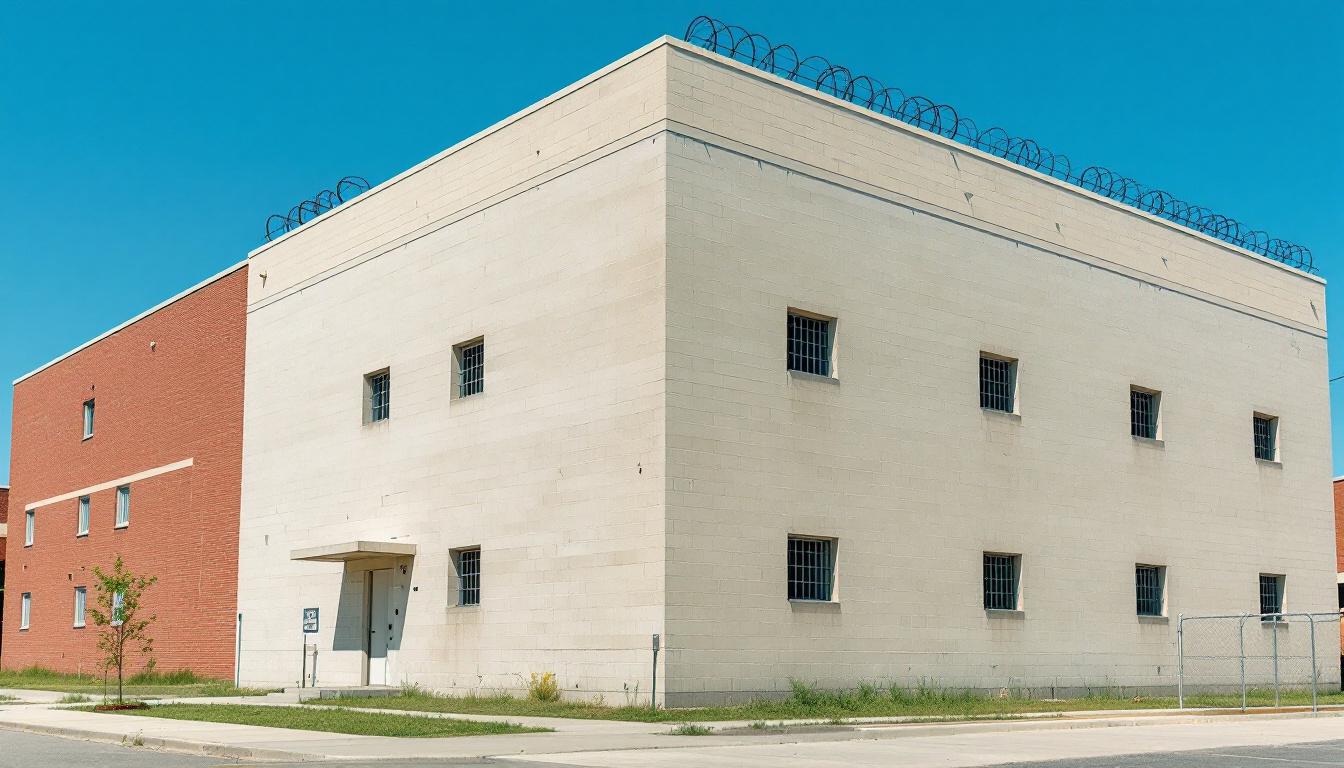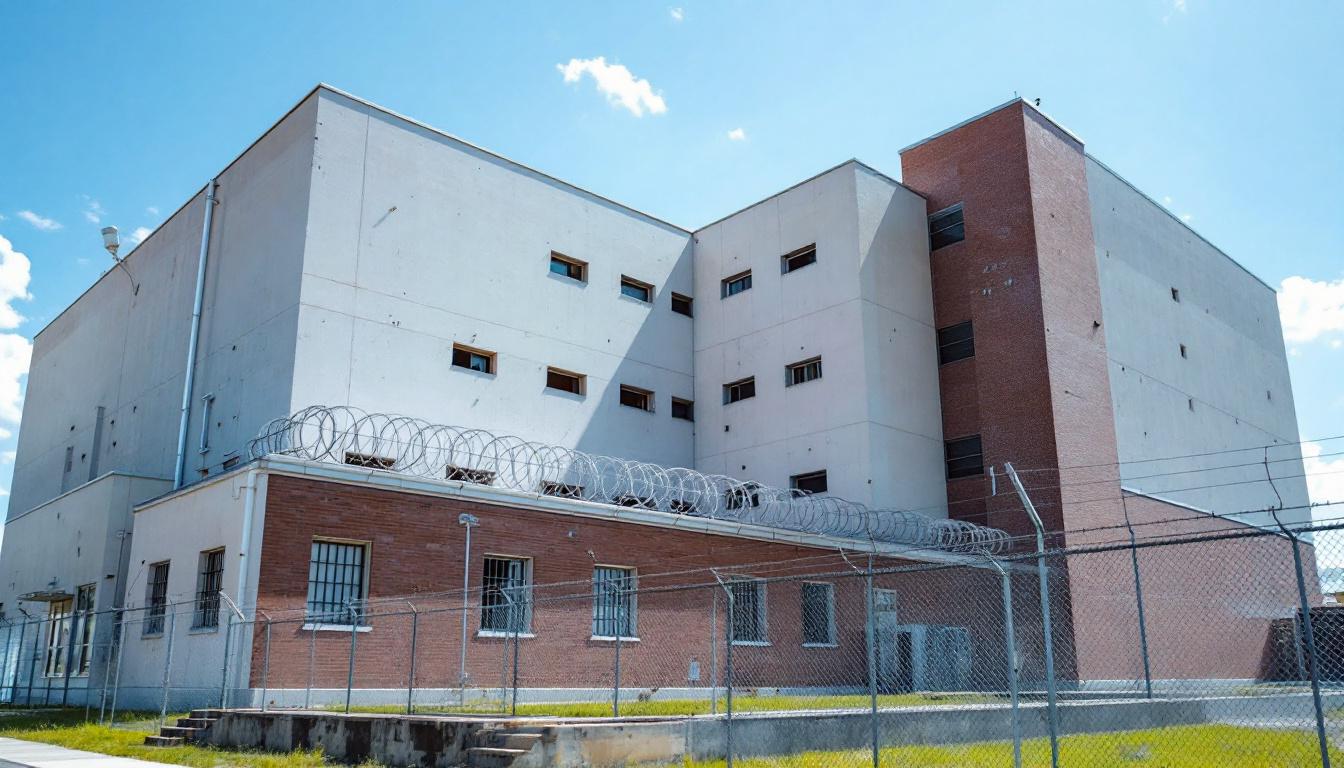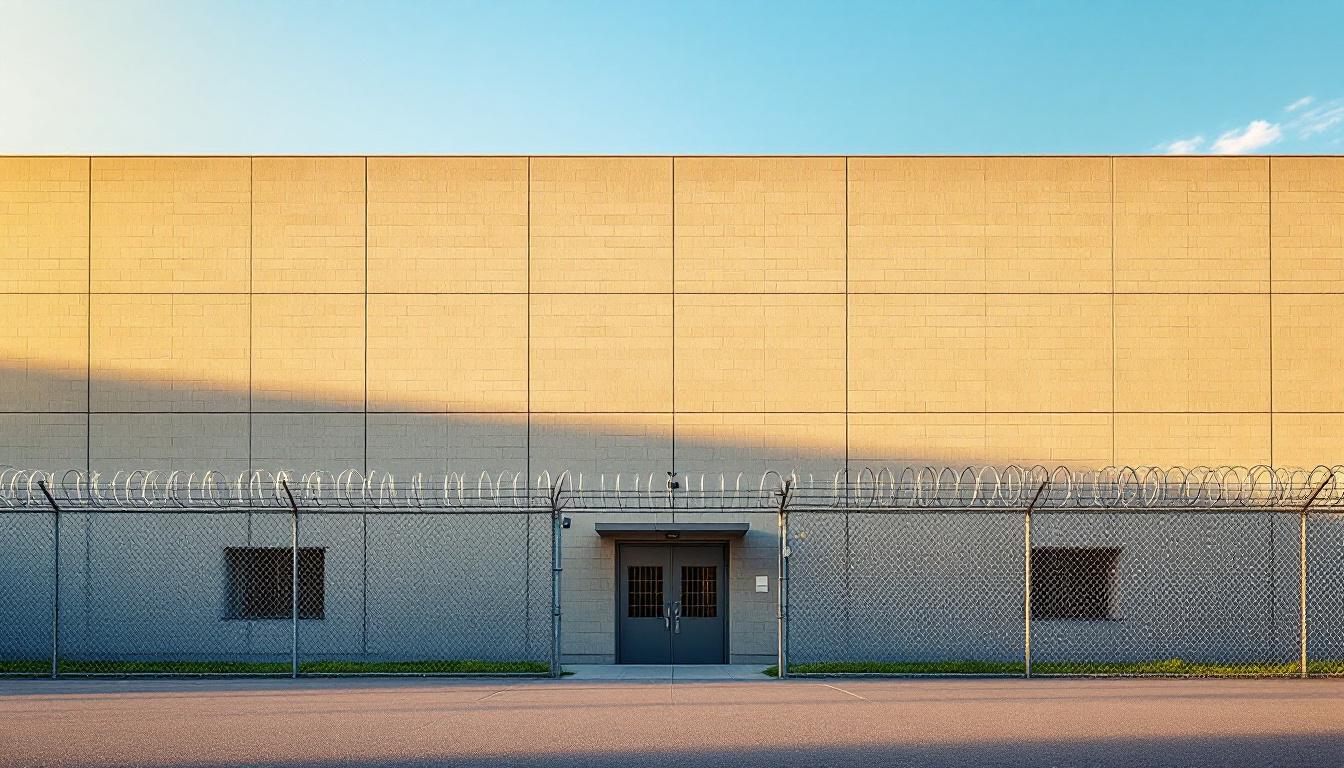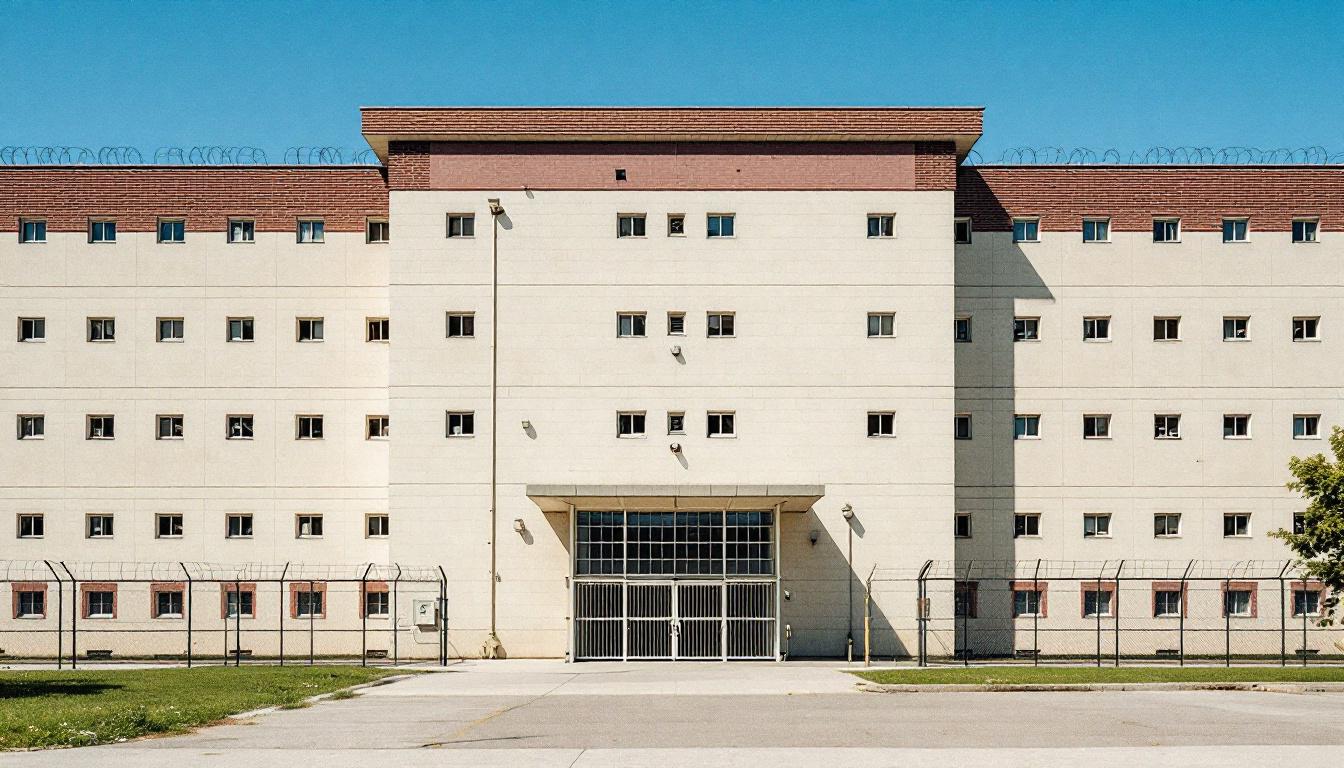
Quick Navigation
How to contact an inmate at McHenry County College
This comprehensive guide will walk you through how to connect with an inmate at McHenry County College. Follow the steps below to find an inmate and send letters and photos:
- Search for the inmate using our search tool below
- Create your account or log in to Penmate
- Write your message (up to 6,000 characters)
- Send instantly - inmates receive printed copies daily
Find an Inmate
Search for an inmate to start communicating today
Tip: You can search by first name, last name, or inmate ID number
To contact a person at McHenry County College start by searching for the person on the official facility website. Perform a search by following these steps:
- Step 1: Enter their first name and last name into the search form and click "Search"
- Step 2: Locate their inmate record
- Step 3: Write down their Inmate ID and any housing information provided
Important! Be sure to enter the person's full name. Nicknames should not be used.
How to Send Messages to Inmates

You can use your phone or computer to send emails, letters, and photos to an inmate. Messages are sent electronically to inmate tablets or kiosks at the facility. If you would like to send a message, start by searching for an inmate at McHenry County College.
Sending Photos and Postcards

A great way to send love and support to a loved one at McHenry County College is to send photos and postcards. It only takes a few minutes to send photos from your phone and it makes a huge difference. You can also mail postcards with words of support and inspiration, or design your own postcard for special moments like birthdays and holidays.
Important! Be sure not to send any explicit photos or they may not be approved by the facility. You can also use a photo printing app like Penmate to make sure your photos are printed at the correct size (4x6 or 3x5) and are mailed according to the rules and regulations of McHenry County College.
Frequently asked questions about McHenry County College
-
How long does it take to deliver a message?
If you're sending an email message your letter is usually delivered within 24-48 hours. For messages sent via mail you should expect delivery within 3-7 days. All messages will need be approved by McHenry County College.
-
How much does it cost to send a message to McHenry County College?
You can send a message free using your phone or mail a message via USPS for the price of a $0.60 stamp and envelope. You can also purchase credits or e-stamps from services starting at $1.99.
-
What services can I use to contact an inmate at McHenry County College?
Penmate
You can use Penmate to send letters and photos to an inmate from your phone. It's an easy way to stay in touch during your loved one's incarceration. Use the inmate locator to find an inmate's location and contact information, then you can send messages within a few minutes.
Securus messaging
Securus may be another option for communicating with an inmate at McHenry County College. You can create a friends and family account and purchase credits to send messages. All messages will be reviewed and must be approved by the facility.
JPay
Some county jails and state prisons may support sending messages with JPay. You must register an account with the system, find your loved one, and purchase stamps to send messages. For some locations you can also attach photos.
Smart Jail Mail
You may also check if Smart Jail Mail is available at McHenry County College. Smart Jail Mail is operated by Smart Communications and has contracted with some state and county jails. After purchasing credits, your messages and photos are sent to the facility, printed out, and then handed out to your loved one.
-
What is the mailing address of McHenry County College?
Mailing address:
McHenry County College
8900 Northwest Hwy
Crystal Lake, IL 60012
Phone: (815) 455-3700Business hours:
- Monday: 8:00 AM – 6:00 PM
- Tuesday: 8:00 AM – 6:00 PM
- Wednesday: 8:00 AM – 6:00 PM
- Thursday: 8:00 AM – 6:00 PM
- Friday: 8:00 AM – 4:30 PM
- Saturday: Closed
- Sunday: Closed
-
What are the visiting hours at McHenry County College?
Visiting hours at McHenry County College vary by housing unit and security level. Generally, visits are scheduled on weekends and holidays, with some facilities offering weekday visits. Contact the facility directly at (815) 455-3700 or check their website for the current visiting schedule. Visits typically last 30-60 minutes and must be scheduled in advance.
-
What items are prohibited when sending mail to McHenry County College?
Prohibited items typically include: cash, personal checks, stamps, stickers, glitter, glue, tape, staples, paperclips, polaroid photos, musical or blank greeting cards, hardcover books, magazines with staples, and any items containing metal or electronics. Only send letters on plain white paper with blue or black ink. Photos must be printed on regular photo paper (no Polaroids). Always check with McHenry County College for their specific mail policies.
-
How do I send money to an inmate at McHenry County College?
You can send money to an inmate at McHenry County College through several methods: 1) Online using JPay, Access Corrections, or the facility's approved vendor, 2) Money orders mailed directly to the facility with the inmate's name and ID number, 3) Kiosks located in the facility lobby, or 4) Over the phone using a credit or debit card. Fees vary by method, typically ranging from $2.95 to $11.95 per transaction.
-
Can I schedule a video visit with an inmate at McHenry County College?
Many facilities now offer video visitation as an alternative to in-person visits. At McHenry County College, video visits may be available through services like Penmate, Securus Video Connect, GTL, or ICSolutions. Video visits typically cost $10-20 for 20-30 minutes and must be scheduled in advance. You'll need a computer or smartphone with a camera and reliable internet connection. Contact the facility for their specific video visitation policies and approved vendors.
-
What identification do I need to visit an inmate at McHenry County College?
All visitors must present valid government-issued photo identification such as a driver's license, state ID, passport, or military ID. Minors must be accompanied by a parent or legal guardian who can provide the minor's birth certificate. Some facilities require visitors to be on the inmate's approved visitation list, which may require a background check. Contact McHenry County College for specific ID requirements and visitor approval procedures.
-
How can I find out an inmate's release date?
To find an inmate's release date at McHenry County College, you can: 1) Use the online inmate search tool if available, 2) Call the facility's records department, 3) Contact the inmate's case manager or counselor, or 4) Have the inmate provide this information during a call or visit. For privacy reasons, some facilities only release this information to immediate family members.
Facility Overview
Contact Information
McHenry County College8900 Northwest Hwy
Crystal Lake, IL 60012
Phone: (815) 455-3700
Official Website

About McHenry County College
Strengthening Chicago's neighborhoods through comprehensive correctional services, the Metropolitan Correctional Center (MCC) serves as a vital component in Illinois' approach to justice and community safety. This IL correctional facility operates with a collaborative framework that emphasizes both accountability and rehabilitation, working alongside community organizations, legal professionals, and support networks to address the complex needs of those in federal custody. The facility's strategic location in downtown Chicago enables seamless coordination with courts, legal representatives, and family members, facilitating a more integrated approach to case management and preparation for eventual reintegration.
Central to the facility's mission is providing inmates services that extend beyond basic detention to include educational opportunities, mental health support, and preparation programs designed to address the underlying factors that contribute to criminal behavior. The MCC typically offers a range of programming that may include literacy education, substance abuse counseling, and vocational training components, all delivered through a service-oriented approach that recognizes each individual's potential for positive change. This correctional facility maintains strong connections with Chicago's broader support network, often facilitating visits and communications that help preserve family relationships and community ties during incarceration.
The facility's role within the Midwest region's correctional landscape reflects a broader understanding that effective rehabilitation requires collaboration between institutional staff, community partners, and the individuals themselves. Through this comprehensive approach to offender management and support, the MCC works to ensure that time served contributes meaningfully to both public safety and individual transformation, ultimately serving Chicago's communities through thoughtful, evidence-based correctional practices.
Programs & Services
Personal transformation begins with the recognition that every individual possesses the capacity for growth, regardless of their circumstances. At the Metropolitan Correctional Center in Illinois, this philosophy underpins a comprehensive array of services designed to foster meaningful development among inmates. The facility's approach emphasizes building practical skills alongside emotional resilience, creating pathways that extend far beyond the walls of the institution. Through carefully structured opportunities, inmates may engage in experiences that challenge them intellectually, professionally, and personally.
Educational services form the cornerstone of the facility's developmental offerings, providing inmates with opportunities to advance their academic credentials and expand their knowledge base. These services typically include literacy programs, GED preparation, and various continuing education opportunities that help participants build foundational skills essential for future success. Also available are vocational services, with welding training representing a significant component of the practical skills development program. This hands-on training may provide inmates with marketable expertise in a field that offers substantial employment opportunities upon release.
Support services encompass a broad spectrum of resources designed to address both practical and emotional needs. Vocational programs often extend beyond specific trade training to include job readiness preparation and professional development guidance. Creative writing services may offer inmates an outlet for self-expression while developing communication skills that prove valuable in numerous contexts. Also integral to daily operations are laundry services, which provide work experience and contribute to the facility's functioning. Therapeutic services, including mental health treatment and grief counseling, address the psychological aspects of rehabilitation, recognizing that emotional well-being plays a crucial role in successful reintegration into society.
Daily Life & Visitation
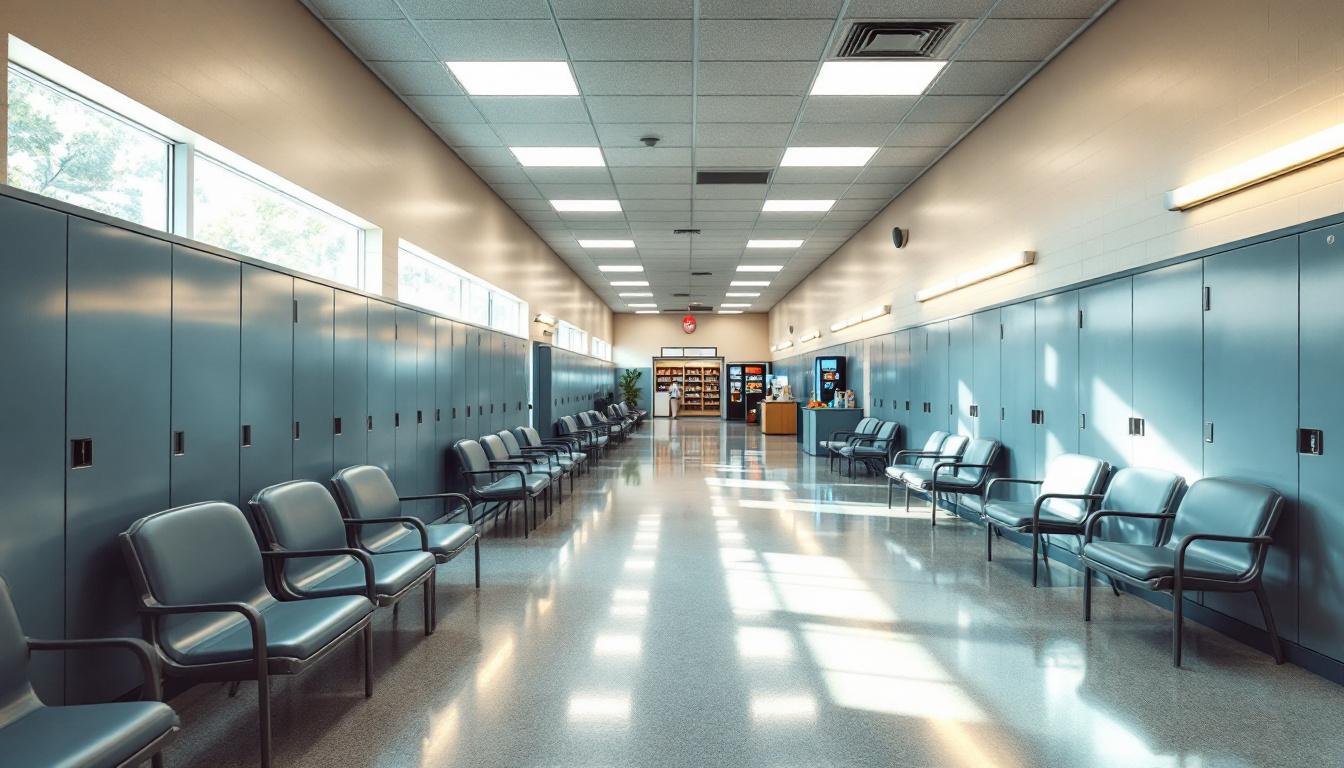
The concrete walls and controlled environment of the Metropolitan Correctional Center create a highly structured atmosphere where every aspect of daily existence follows established protocols. At present, inmates actively navigate a regimented schedule that typically begins with early morning counts and extends through evening lockdown procedures. The facility generally maintains consistent meal times, work assignments, and programming activities that provide a framework for each day, though the specific timing may vary based on housing unit assignments and security requirements.
Living accommodations within the facility typically consist of shared cells or dormitory-style housing units, where inmates usually have access to basic amenities including bedding, personal storage space, and writing materials. The dining arrangements generally involve scheduled meal times in designated areas, with inmates often receiving three meals daily that meet nutritional standards. However, the institutional environment requires inmates to adapt to limited privacy and personal space, while also learning to navigate the social dynamics that naturally develop within the confined setting.
Also available to inmates are various recreational opportunities that may include access to television areas, library services, and physical exercise periods in designated spaces. Work assignments typically provide structure and may involve facility maintenance, kitchen duties, or other institutional operations, though specific job availability often depends on individual qualifications and facility needs. Family connections remain important through visitation programs and communication options such as phone calls and correspondence, which generally operate under established security procedures and scheduling requirements that help maintain contact with loved ones outside the facility.
Ready to Connect?
Start communicating with your loved one today
Search for an Inmate

